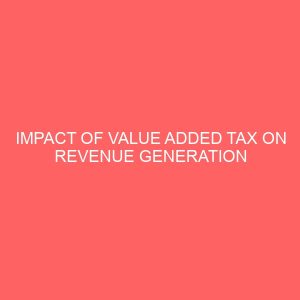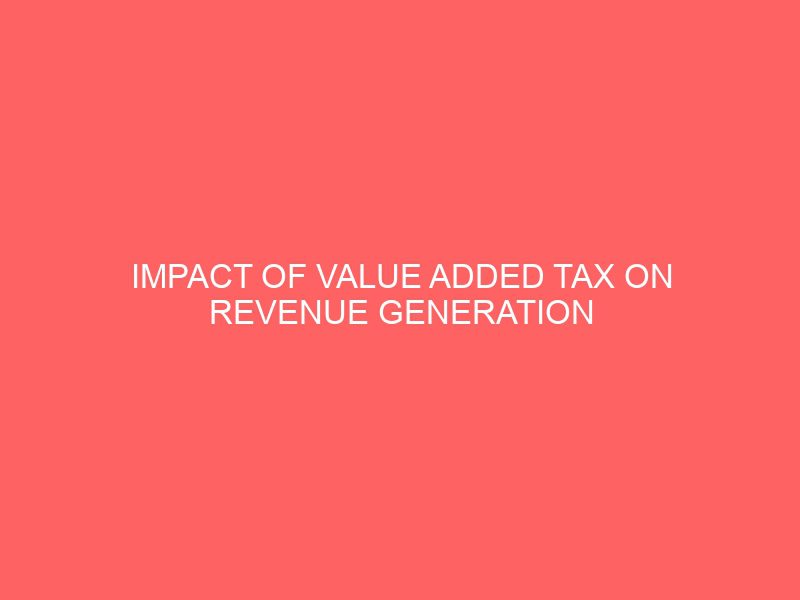Description
Abstract
The study aims to assess the impact of value added tax on revenue generation in Nigeria. The population of the study comprised of the entire Federal Inland Revenue services. The data generated from the annual reports and accounts of the FIRS were analyzed using descriptive statistics, correlation, linear regression analysis and simple percentage in which two hypotheses were tested in null form. The result of the analysis was tested at 5% level of significance. The finding of the study shows insignificant relationship exists between value added tax and total revenue generation in Nigeria. Therefore the study recommends that the government, at all level, should make their presence felt by the citizens, through dividends of democracy that citizens enjoy. More stringent penalties should be imposed on individual and corporate bodies that indulge in any form of VAT malpractice, notwithstanding their status. Government should review the VAT Act, to bring it up to date with current economic realities in the world. The exempted items should be reviewed to cover only essential items like foodstuff, education, health and agriculture.








Reviews
There are no reviews yet.